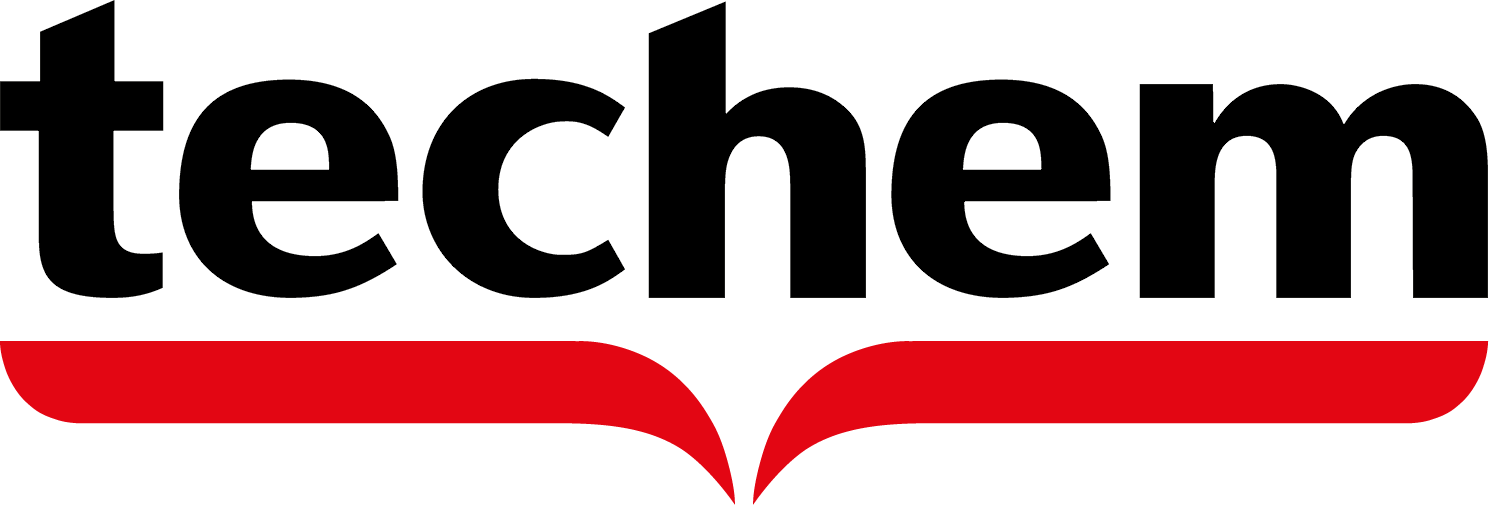Trend radar for the real estate industry
The trend radar shows which trends will shape living in the future and what influence they already have on the housing industry. As an indicator for future developments, support services can already be derived today in the form of digital solutions or services that tenants and property managers will need in the foreseeable future.
The trends of building digitalization and digital platforms as well as automation in digitalization, in particular, are already having a major impact on the real estate industry. But the topic of sustainability along with the trends of emission-free building operation, sustainable construction and energy self-sufficiency also has an impact.
Developments in the areas of neighborhood development, densification, living in suburbs and micro-housing forms are emerging as part of urbanization, which will lead to new requirements for residential properties. Last but not least, human mobility is constantly evolving, especially in cities, and solutions for e-mobility and car sharing are increasingly needed.

